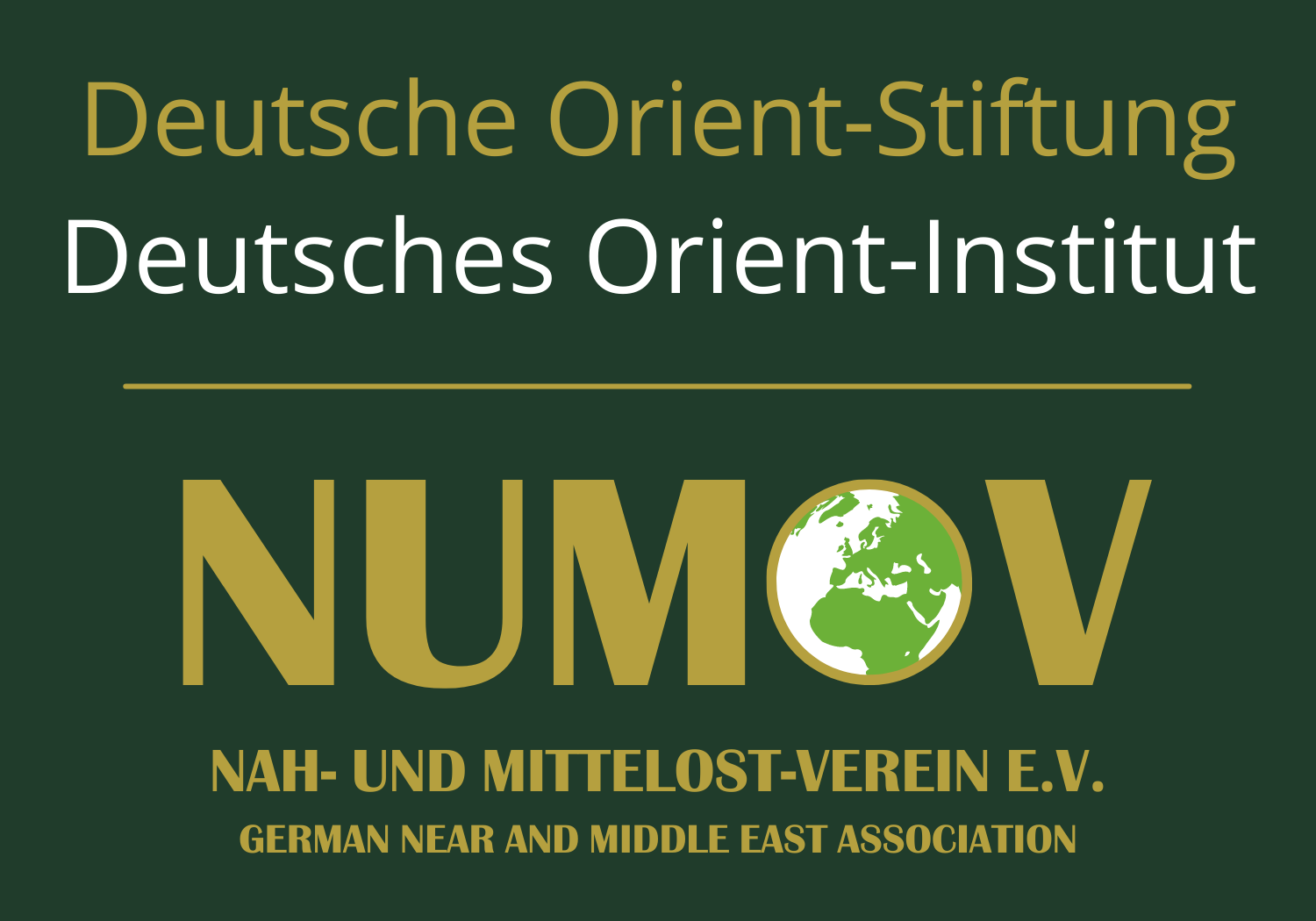Please access this edition of our quarterly journal through the ORIENT website
Initially, our plan was to seize the opportunity that new governments often provide to have a closer look at Germany’s engagement with the MENA region. After 16 years of cabinets led by Angela Merkel, Germany has a new chancellor and governing coalition. What could change and what is likely to stay the same under the new government? In order to gather insightful perspectives, we have assembled a group of experts. While the authors were writing their contributions, Russia invaded Ukraine, which has triggered numerous responses, realignments and (re-)commitments in Europe and beyond. Germany itself has entered a Zeitenwende after initial hesitation. It remains to be seen how lasting this shift will be. Looking back at the guiding question posed, it seems prudent to expect changes in German foreign policy overall, but also in its interactions with the MENA region. In this issue, we hope to provide context for this.
Katharina Konarek provides perspective on the work of the German political foundations in the region, before Larbi Sadiki and Layla Saleh on the one hand and Benjamin Schuetze on the other critically reflect on the topic of democracy promotion. Subsequently, Elena Dück gauges the effects of educational cooperation between Germany and Turkey, before Robert Mason turns the focus to relations with the Gulf states. Amal El Ouassif adds her analysis of German-Moroccan relations and Omar Shaban on those with Palestine. Nadia Naccache and Alexander Niedermeier offer their study of German relations with Tunisia and Egypt respectively.

